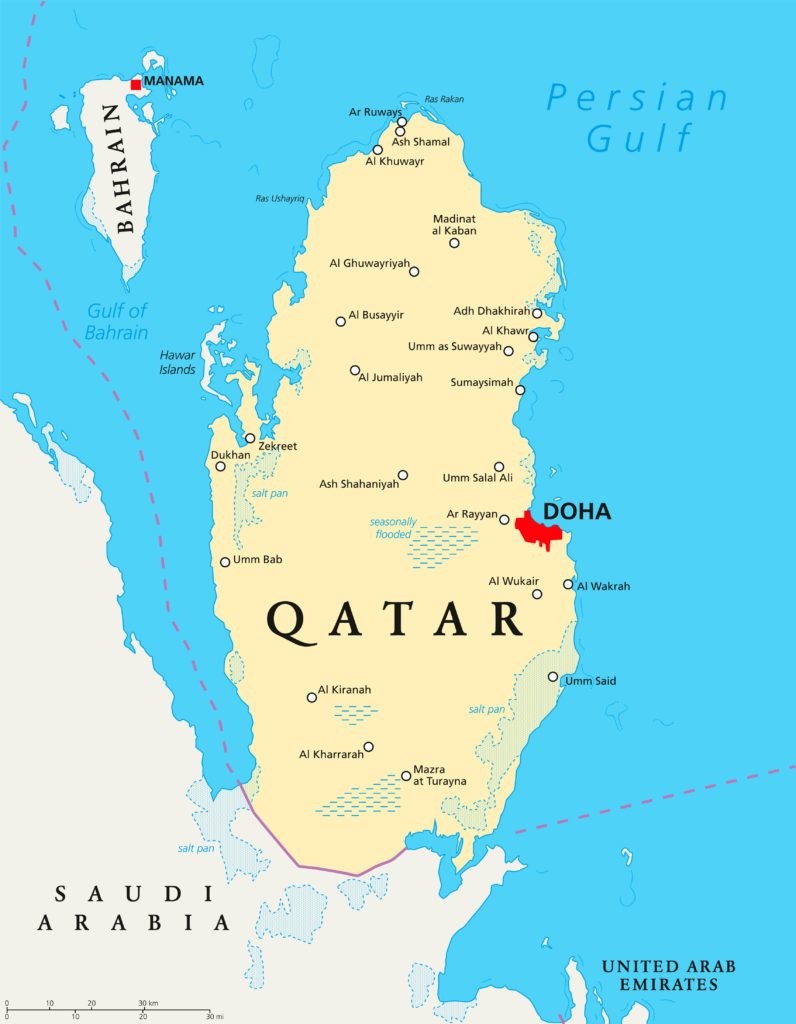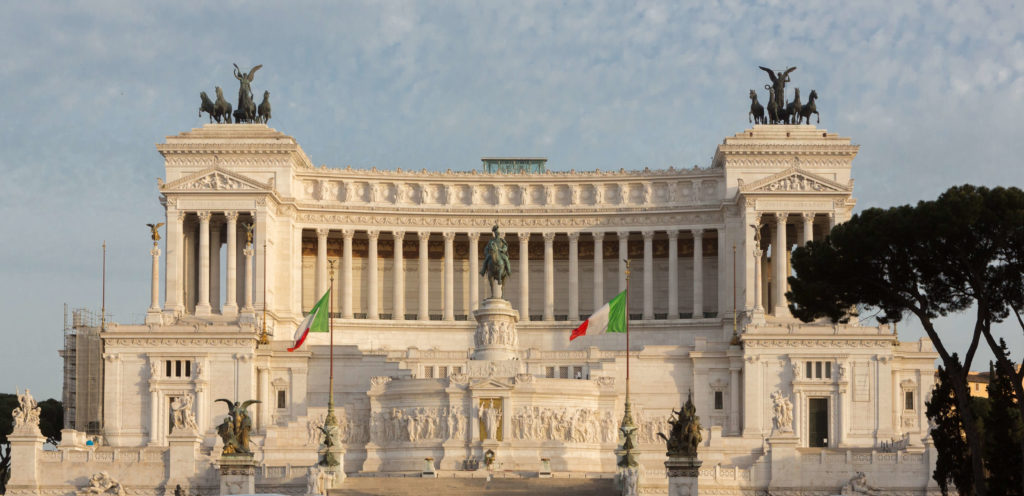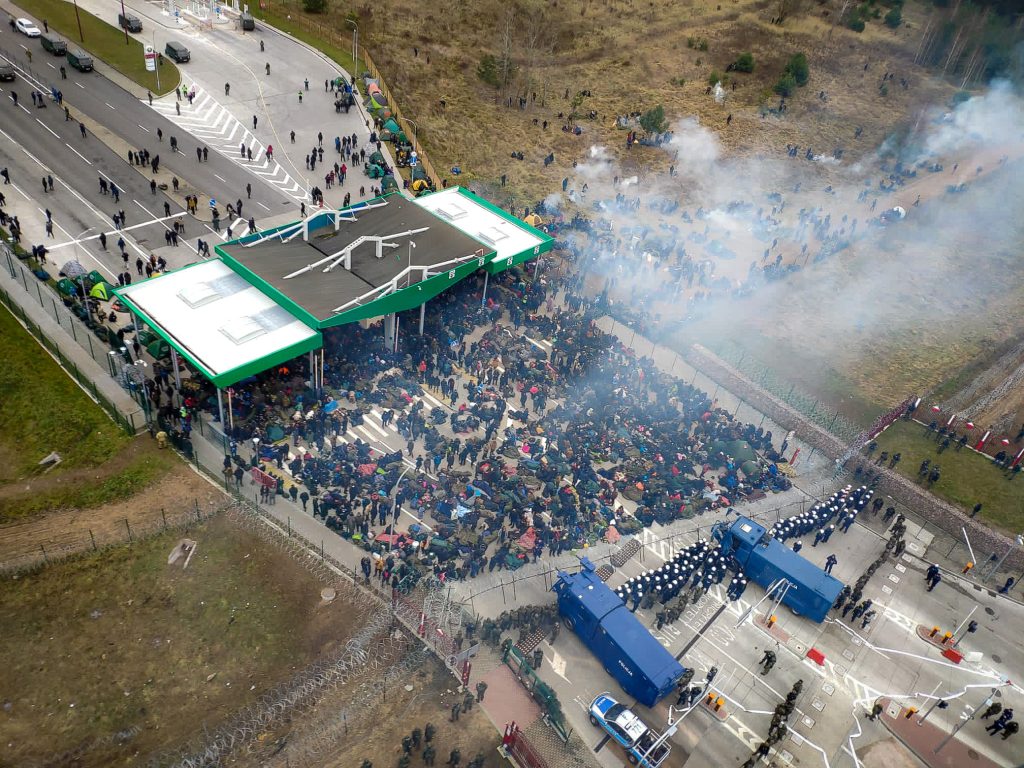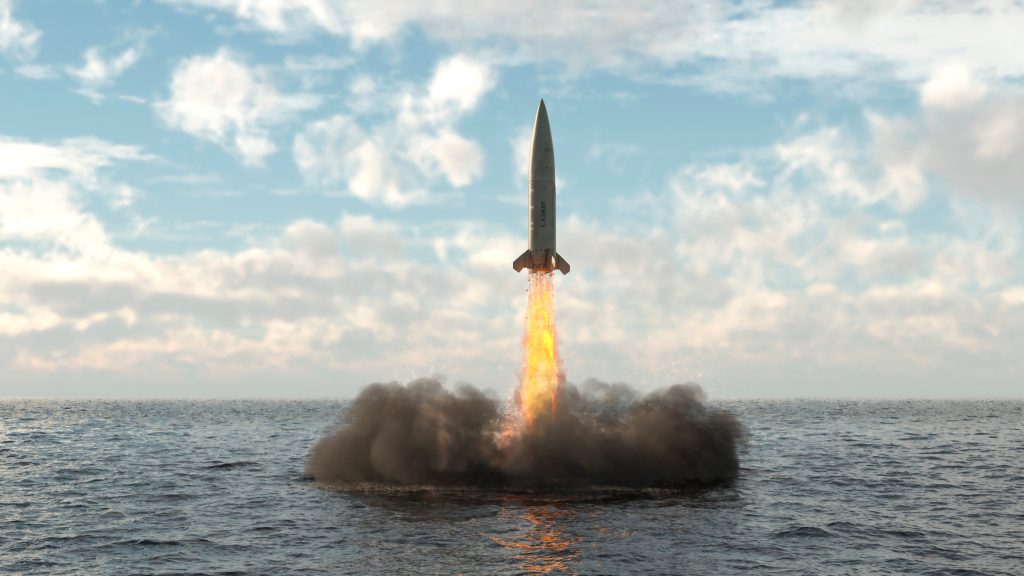Home > Qatar-Iran-Turkey relations: a trio of regional players
Despite the end of the Saudi embargo from 2017-2021, Doha-Tehran relations have been maintained and deepened. The same is true of Doha-Ankara relations[1].
In the case of Turkey, Ankara has expanded the capacity of its military base in Doha and has deployed over 5,000 troops there[2]. Several defence agreements have been signed, such as the June 2021 agreement on pilot training in Turkey[3]. In March 2022, at the Doha International Maritime Defence Exhibition (DIMDEX), the Qatari Ministry of Defence and four defence companies, including two Turkish companies, signed agreements and contracts for services and technology transfer[4].

For its part, Qatar has injected $15 billion into the Turkish economy, including at a time when the Turkish lira was significantly weakened (2018)[5]. In 2020, Turkey transferred 10 % of Istanbul Stock Exchange shares to the Qatar Investment Authority[6]. The latter bought for USD 1 billion the transfer of 42 % of the shares of one of Turkey's largest shopping centres, Istinye Park, located on Qatar Street in Istanbul[7]. In 2020 alone, total investment from Qatar to Turkey was $22 billion[8]. In 2021, this amount has increased to $ 33.2 billion, making Qatar the second largest investor in the country[9]. Since the creation of the Turkey-Qatar High Strategic Committee in 2014, 80 cooperation agreements were signed in many areas[10].
In addition, during the land, sea and air embargo, Doha received supplies from Turkish and Iranian planes and ships[11]. In June 2017 alone, in addition to a first ship loaded with 4,000 tons of food that sailed to Doha, Ankara had already sent 105 cargo planes with food aid to Qatar[12]. At the same time, Tehran was sending four cargo planes with food, and planned to send 100 tons of fruit and vegetables to Doha every day to prevent a food crisis in the country[13]. Finally, the flights of Qatar Airways, one of the world's largest airlines, were able to bypass the embargo, now transiting through Iran and Turkey[14].
Apart from logistical and humanitarian support, in many areas Qatar has formed a geopolitical alliance with Tehran and Ankara - mainly against Saudi Arabia[15]. In 2017, shortly after the Saudi embargo was put in place, the three countries signed an agreement on trade and transport[16]. The end of the embargo in 2021, decided at the Al Ula summit, did not put an end to the cooperation between Doha, Ankara and Tehran[17].
For example, in December 2021, Turkey and Qatar agreed to control and manage Kabul airport after the Taliban returned to power in Afghanistan[18]. The two countries also cooperate on Syria (against Al Assad), Palestine (aid and support to Hamas) and Libya (in favour of the Tripoli government)[19]. Turkey and Qatar are also known for their support of the Muslim Brotherhood, including during the Arab Spring (2010-2011)[20].
In the case of Iran-Qatar relations, there is the same continuity in bilateral relations as in the case of Turkey after the 2017-2021 embargo. One of the reasons is the shared possession of the world's largest gas field (North Dome/South Pars), which is essential for Doha[21]. Moreover, given that Qatar hosts the American base of Al Udeid and fears a possible attack on its territory, the country seeks to keep a maximum of diplomacy with Tehran[22]. Moreover, Doha had supported the Vienna agreements (JCPOA) in 2015[23] and works on de-escalation between Washington and Tehran as a mediator[24].



Recently, on 20-21 February 2022, Iranian President Raisi arrived in Doha for a state visit[25]. On his first visit to the Gulf, he signed 14 documents on agreements with Qatari officials, in the presence of the Emir[26]. Finally, he attended the 6th Gas Exporting Countries Forum (GECF) summit, which was held this year in the Qatari capital[27]. In addition to energy, the Iran-Qatar agreements are primarily focused on trade and the economy, as well as culture, education and infrastructure[28].


The current stakes of the Iran-Turkey-Qatar alliance are multiple, due to the diversity of the external relations of these three regional actors. First, Turkey is in NATO and, like Qatar, has American military bases in Izmir and Incirlik. However, Iran has military links with Russia and China, and supports the Syrian regime of Al Assad[29]. Even in the Ukrainian conflict, Iran and Russia have agreed on the delivery of arms (drones) as well as on gas and oil[30]. For its part, Turkey has delivered Bayraktar drones to Ukraine[31]. As for Qatar, it just "called on all parties to show restraint and resolve the crisis through diplomatic means".[32]. It can nevertheless become an alternative source of gas for Europe to Russian gas[33].


All rights reserved by BRAUN



